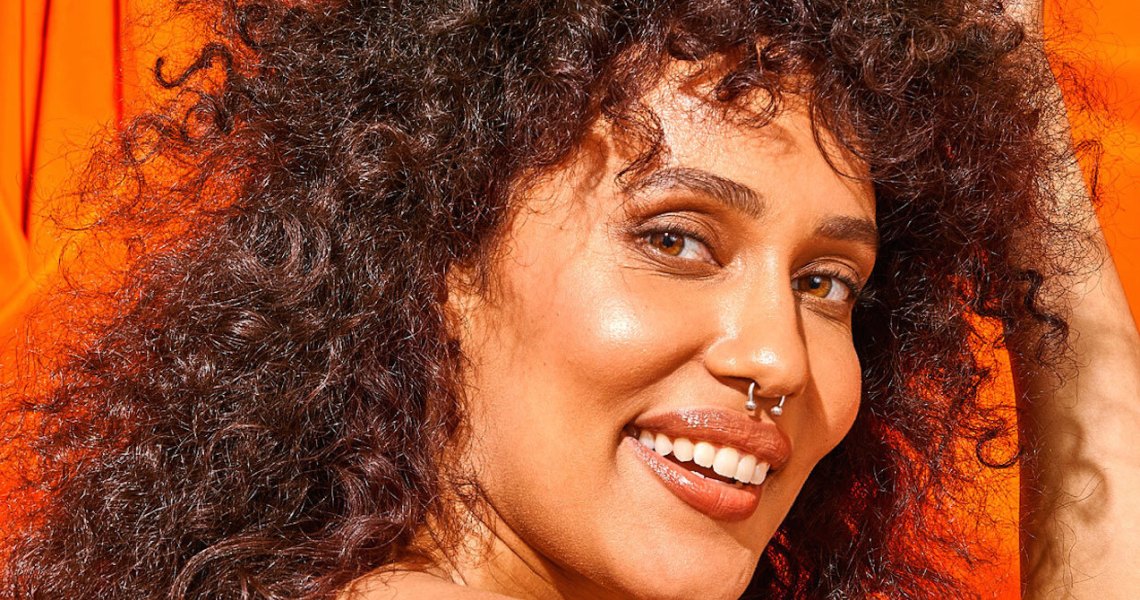Amika, the hair product and tools brand known for its colorful packaging, also wants to you think of its as a “friend.”
At the end of October, Amika launched a campaign called “All Hair is Welcome” to debut a new brand communications strategy. The ongoing campaign is meant to denote a more community-centric and inclusive tone for Amika, which means “friends” in the international language Esperanto. The brand features models of various skin tones, ages, genders, hair types and hairstyles across its social media channels, its DTC website and its branding on Sephora’s e-commerce site. Amika completed a website relaunch the week of Dec. 21 to include this new messaging.
Chelsea Riggs, Amika brand president, said the brand’s overall e-commerce sales experienced an 82% year-over-year growth in 2020, and e-commerce now accounts for 24% of its total business.
“A lot of people didn’t really care about the minutiae detail about the brand when we started back in 2007,” said Riggs. “When you’re a new brand, you have to build this level of credibility.”
This shift in branding strategy reflects how brands have played to changing consumer values; Amika’s attempts to build a community and highlight its inclusiveness speak to the more subtle shifts due to social justice movements like Black Lives Matter. The brand’s emphasis on community versus individuality is another marker of current changes in the beauty industry. Whereas brands across consumer categories have sought to spotlight individuality in the past — including Gap and Etsy, with campaigns in 2016 — brands have become more focused on building like-minded communities over the last two years. In essence, while diversity is key to brands today, individuality has taken a backseat.
Before “All Hair is Welcome,” Amika marketed a sense of “hair rebellion,” as Riggs put it, highlighting how one’s hair can be a marker for individual expression and creativity. A consumer study Amika performed with 8,000 people in 2018 revealed that although people recognized Amika by its packaging, there was a disconnect between its branding, products and aesthetics. In particular, “hair rebellion” seemed to compete with the more inclusive narrative around friendliness, said Vita Raykhman, Amika co-founder and creative director.
“While we still feel [hair rebellion] has a place in our brand, our focus has shifted to bring forward the idea of Amika as a friend,” said Raykhman.
The new website features a rotating marquee on the homepage with campaign imagery next to new products and sales promotions. And Amika deliberately positioned the “About Us” page front and center, said Riggs. Embedded on product pages is an existing chatbot. Product features also feature added or expanded information on ingredients, as well as press mentions, reviews, video content, frequently asked questions and blog posts. When Sephora does a merchandising reset in the spring, Amika will have a large plaque that features “All Hair is Welcome” on its gondola in stores.
“We weren’t showing up in the right ways, from a marketing perspective, by visually representing that all these products can [work for different hair types]. You end up choosing one model to represent a product or a collection because of choice or budget constraints,” said Riggs. “But if there is no personality or values or purpose to a brand, it’s just a product. And products become irrelevant very quickly.”




